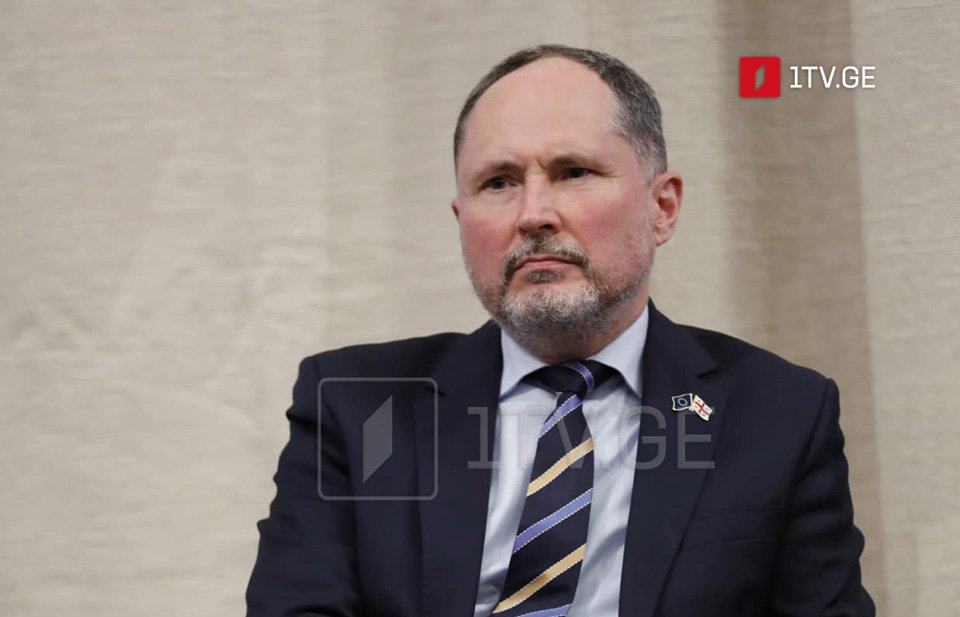EU Ambassador: Law on Broadcasting in line with EU audio-visual directive
“Freedom of speech, freedom of expression are absolutely basic for the European Union, but at the same time, we need to set certain limits, especially when it comes to the protection of minors, and prevention of hate speech,” said EU Ambassador to Georgia Paweł Herczyński.
According to the Ambassador, the EU has the so-called audio-visual directive, but EU member states have flexibility in applying those standards in their particular circumstances.
“This is why since many years now, we have so-called audio-visual services and directive, it has been modified, it will be modified, as it is actually very sensitive work to put the line between freedom of media, freedom of speech, and protection of minors and hate speech.
This audio-visual directive sets standards, but EU member states have flexibility in applying those standards in their particular circumstances.
In case of Georgia that is an enlargement country, we have been working together with Georgia, in order to approximate Georgia legislation into this directive. The draft law that has been recently agreed, meets the standards of the audio-visual directive.
At the same time, it also focuses on other issues that are not directly regulated in the directive that are usually regulated by each and every member state and this is for instance the issue of obscenity.
Clearly, implementation is the key and this is why we are working with the national regulator, ComCom, in case of Georgia making sure that this body is fully independent and plays its important role,” he said.
The Georgian parliament approved the Law on Broadcasting saying it had been agreed with European Commission.
On October 19, the Georgian parliament passed amendments to the Law on Broadcasting saying it had been agreed with the European Commission and extending the Georgian National Communications Commission’s (ComCom) authority to fine or suspend broadcasters for alleged content violations.
